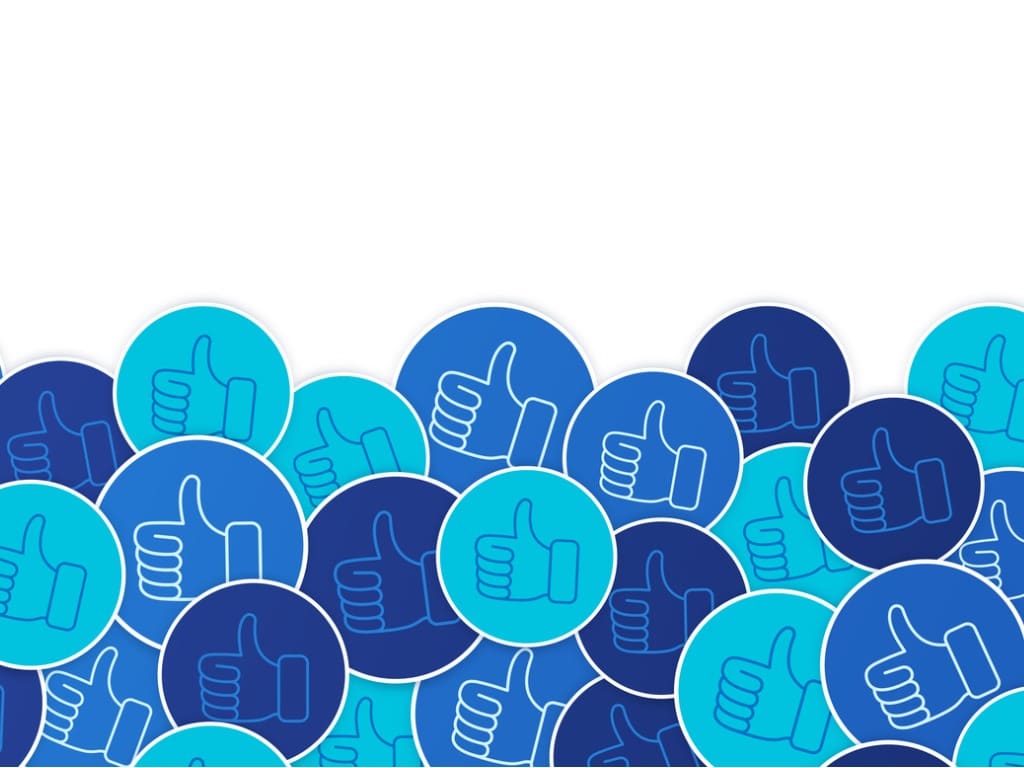Facebook whistleblower Frances Haugen, who shared internal research documents that revealed information about the company’s handling of hate, misinformation, and violence on its platforms, has been named one of TIME’s 100 Most Influential People of 2022.
In early October of 2021, Haugen came forward and alleged that Facebook, now Meta, continuously made decisions that prioritize profits over the safety of its users. Haugen, a former lead product manager on the company’s Civic Misinformation team, testified in front of a Senate subcommittee on October 5, 2021. “I joined Facebook because I think Facebook has the potential to bring out the best in us, but I’m here today because I believe Facebook’s products harm children, stoke division, and weaken our democracy,” Haugen said in her testimony. Since then, she has testified before the U.K. Parliament, attended the State of the Union address, and remains outspoken about transparency, accountability, and safety on social media.
Haugen has filed multiple whistleblower disclosures to the U.S. Securities and Exchange Commission (SEC) outlining her allegations. Her disclosures are based upon the legal theory that Facebook is violating U.S. securities laws by misleading the public about its handling of criminal and illicit content on the site. This theory has been deployed by several other SEC whistleblowers over the past several years. Haugen’s allegations further supplement similar allegations made in those confidential filings.
Haugen’s short TIME profile is written by Tristan Harris, President and Co-founder of the Center for Humane Technology. Harris writes, “Frances’ brave decision to come forward publicly—and her continued advocacy for more humane technology—are mobilizing people to take action. Her knowledge, passion, and relentless optimism give me and people around the world hope that change is possible.”
In an accompanying video, Haugen talks about her involvement in debate during high school and college as “incredibly impactful.” She discusses the process for organizing the documents she was to release and how it invoked the way she’d prepare in debate camp.
Haugen talks about how “learning all these horrific things about Facebook” was incredibly impactful to her. “I think a thing that really hurts most whistleblowers is whistleblowers live with secrets that impact the lives of other people, and they feel like they have no way of resolving them.” She talked with her mother about what she was dealing with and says in the video, “If you’re having a crisis of conscience, when you’re trying to figure out a path that you can live with, having someone you can agonize to over and over and over again is like the ultimate amenity.”
Haugen also talks about the moment she decided to blow the whistle. “My moment where I decided I had to do something was when they dissolved Civic Integrity,” she says. “I didn’t know how I would do it yet, like I had to think for a long time on how to do it and the right way, but it meant that when that moment happened, I was actually in a pretty good place. I wasn’t in a place of crisis like many whistleblowers are, and so I think that gave me a better platform in order to think rationally and not emotionally.”
According to the videos, Haugen raised numerous concerns while employed at Facebook, but her concerns “were always discounted” by others at the company. She describes feeling badly for the researchers who worked on Civic Integrity: “I can’t imagine helping to develop and learning about solutions and having them shot down over and over again.”
She says it was “very frustrating,” stating, “I didn’t feel there was a will to act.” Haugen talks about how she and her team got to work on international misinformation for three months but were then shifted to working on misinformation in the U.S. She thinks that Europe and the U.K. are “a little bit further along in thinking about what they want in laws because they’ve faced worse harms” and provides an update on legislation in the EU and Europe. “My goal was to support lawmakers as they think through these issues and answer any questions they have.”
“I hope the thing they take from my disclosures is the idea that any system that is this influential in our lives needs to have mandated transparency, because the sheer magnitude of issues where we’ve demonstrated they’re lying shows that any company that has this much control over how we think, how we consume information, has to have accountability,” Haugen says at the end of the video.
